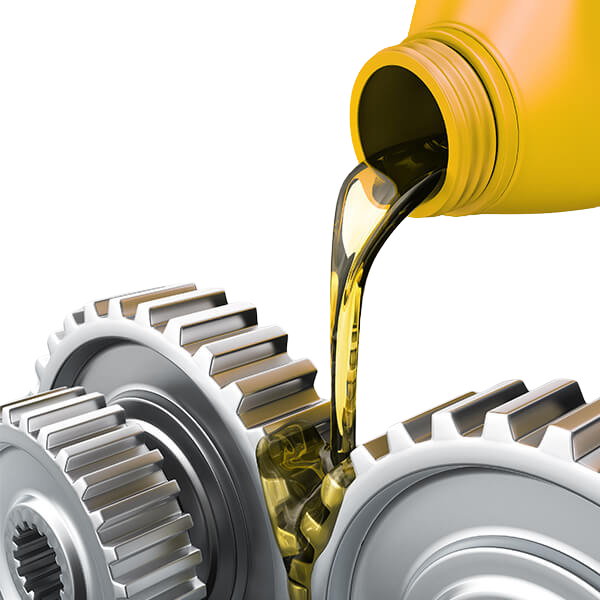


The efficiency of Mixed Hydrocarbon Oil (MHO) compared to traditional petroleum oil superior on different angles including production methods, energy content, environmental impact, and economic considerations. Here’s a breakdown of potential efficiency advantages of MHO over traditional petroleum oil:
MHO can have comparable or even higher energy content per unit volume than traditional petroleum oil. This means that MHO can potentially deliver similar or better energy output when used as a fuel in engines or other applications. It can be used almost every sectors like industries, automobiles, agriculture etc.
Unlike traditional petroleum oil, which is a finite resource formed over millions of years, MHO can be produced from renewable sources such as biomass or algae. This renewable nature of MHO can contribute to long-term energy security and sustainability. Also, MHO is more cost-effective than traditional petroleum oils.
Depending on the production method, MHO can have lower greenhouse gas emissions and environmental impact compared to traditional petroleum oil. For example, MHO produced from algae cultivation can absorb carbon dioxide during growth, potentially resulting in a net reduction of greenhouse gas emissions when used as a fuel.
MHO production processes can potentially be more resource-efficient than traditional petroleum extraction and refining. MHO production methods may require less water and land compared to conventional oil drilling or mining operations resulting in lesser cost of production and hence lesser market price.
MHO can be used as a drop-in replacement for traditional petroleum oil in various applications including transportation, heating, and industrial processes. Its versatility allows for easier integration into existing infrastructure without significant modifications.
Ongoing research and development in MHO production technologies may lead to further efficiency improvements, cost reductions, and scalability, making MHO more competitive with traditional petroleum oil.
However, it’s essential to note that the efficiency of MHO is context-dependent and can vary based on factors such as feedstock availability, production scale, geographical location, and market dynamics. Additionally, the overall sustainability and efficiency of MHO depend on responsible production practices, including land use management, waste reduction, and ecosystem conservation.